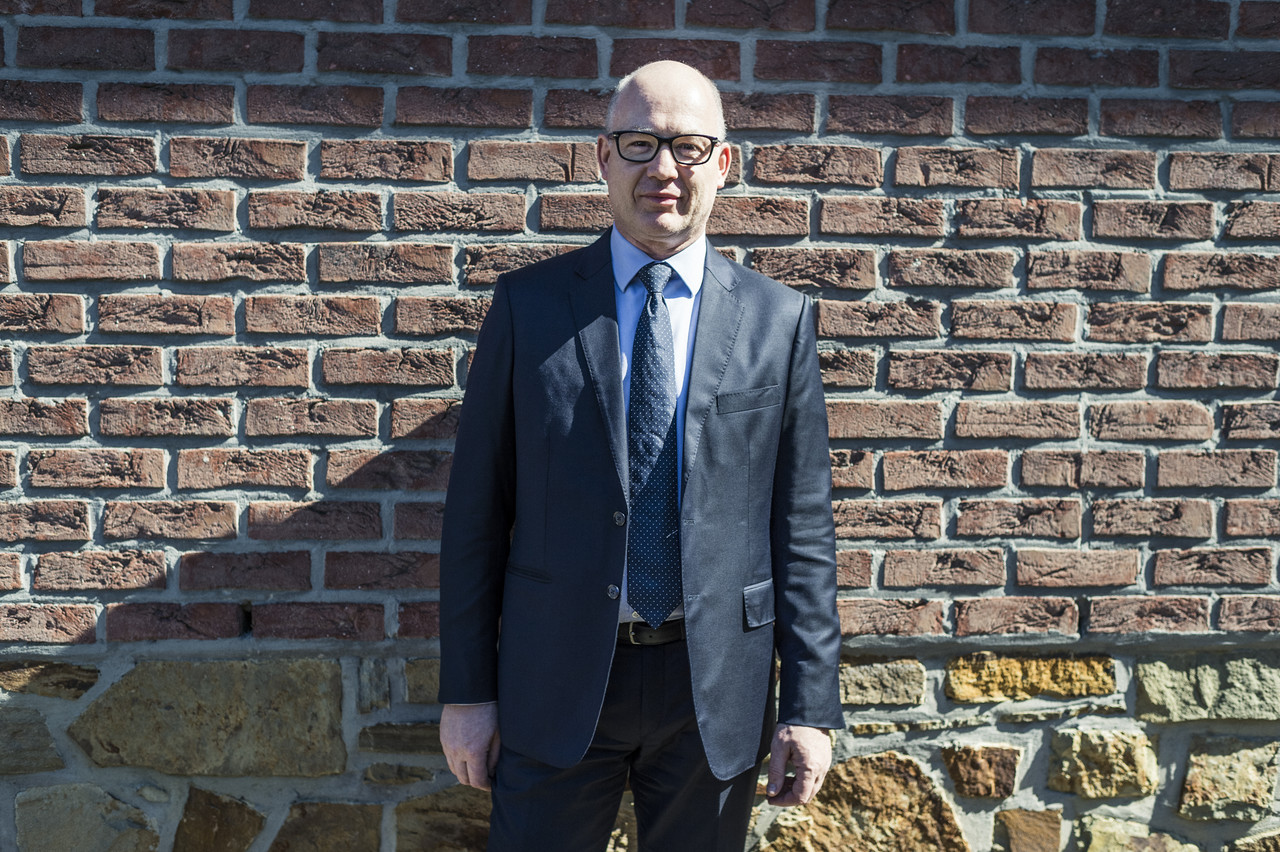Alrim, the Luxembourg Association of Risk Management, was set up in 1997. The idea was to gather risk managers at the time where the risk management function started to become a real actor in finance. The association was launched under the name Prim: Association of Professionals of Risk Management. A rebranding was carried some years later in order to better reflect the reality of risk management, which had expanded beyond pure risk to become involved in other functions.
Margaret Ferns: In the past risk management was an “additional” task for a specific employee and now it is a profession in its own right. Do you agree with this statement?
Luc Neuberg: Absolutely. In the past, risk management was hidden in the tasks of many employees, because it was still not well defined. Then the scope of risk management became more explicit and it started to take up a much greater place in finance to the point where a separate activity was required, with professional employees specialised in the discipline needed.
MF: In your view, why has it evolved into a highly specialised profession? What event(s) triggered this evolution?
LN: Crisis after crisis, we re-discovered new types of risk, or rather understood the possible impacts of these types of risks better. Regulators reacted to the crises by imposing controls, analyses and reporting on each risk type. These regulatory reactions meant that risk management needed its own budget in order to support its development as a specialist function. Furthermore, client risk aversion, which was reinforced by the crises, forced businesses to focus on, and invest in, risk management on their behalf.
MF: How important is risk management now to the financial sector?
LN:The last crisis was a systemic problem for the financial sector, not just a market problem. Risk management is one of the businesses that can support the sustainability of the financial system, focusing on the day to day problems, but also keeping the mid and long-term horizon in view.
Retail and institutional clients request protection against possible financial crises. Simple promises about performance are no longer sufficient. Risk management offers protection and explanations to clients.
MF: What are the key challenges facing risk management today?
LN: The scope of risk management has expanded greatly, year after year. From an initial market risk-based approach, the diversity of risk types has become as wide as the types of problems facing the financial sector. Technical capabilities are requested for risk managers, but also some holistic capabilities with a global view on the business.
MF: How do you see it evolving in the future?
LN: Risk management is linked with lines of defence, controls, explanation, client and corporate protection. As such it is closely linked to corporate governance. For the future, I do think that the real added value of risk management will be from the strategic point of view. Long-term vision, sustainability and continuous control: three key concepts that will be leading risk management.
